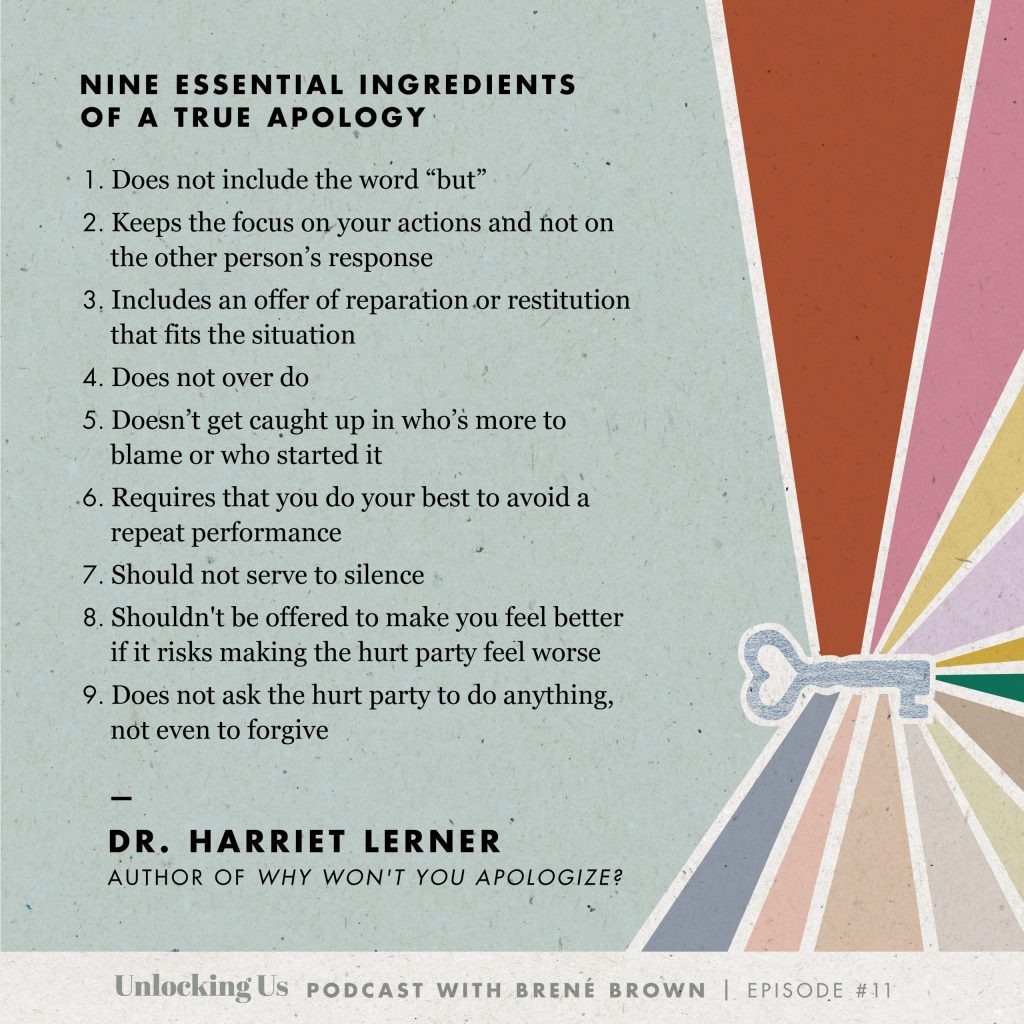Happy International Women’s Day!
What does this mean to you?
What does this mean to your teaching practice?
Feminism is for everyone
“Eighty-one percent of the members of the Elementary Teachers’ Federation of Ontario (ETFO) are women and, in many ways, the history of women teachers reflects the struggles of all Canadian women” (ETFO voice, 2016 https://etfovoice.ca/feature/looking-back-womens-history-ontario-teacher-federations).
The world needs women. Feminism can be practiced daily by elementary educators in Ontario. Not because we are a group largely composed of women, but because a society that values women is one that promotes equity, opportunity, and growth. Feminism is not exclusively for women. Feminism in the classroom generates a culture founded on inclusivity. This environment creates a safe space for critical thinkers, status-quo challengers and allows students to grow into adults who advocate for positive change.
You cannot have feminism without intersectionality
You cannot support women without supporting Black women. Women who belong to racialized groups. Women with disabilities and special needs. Women who are part of the 2SLGBTQ+ community. FNMI women. Women who are marginalized by society. Elderly women. Young women.
We must support all women, teach about all women, listen to all women and respect all women. To not value the experiences of all women is to misrepresent the harsh reality women have lived and continue to face. Inaccurate or nonexistent representation of women places student learning and well-being at a disadvantage.
Women deserve equitable opportunities and to see themselves reflected in curriculum
Women merit the encouragement to become involved in science, math, engineering, technology and sports. Our students have the right to equitable opportunities in all aspects of curriculum and school activities. In order to promote these experiences in the classroom, students must see themselves reflected in past and current literature, stories, videos, guest speakers and so on. Let us get rid of those history books that exclude or depreciate women’s accomplishments and rather promote the positive impacts women have made, and continue to make in the world.
Let’s continue to celebrate women today and every day
Cheers!


